Tehran, June 22 (V7N) — Following the United States’ airstrike on three Iranian nuclear facilities, Tehran has made it clear that it will not remain passive. However, the critical question now being asked across diplomatic and strategic circles is: what options does Iran have to respond—and at what cost?
International security analysts are actively assessing the range of potential retaliatory actions Iran might consider. While Iranian officials have vowed consequences, experts warn that any major escalation could provoke a devastating response from Washington, severely threatening the Islamic Republic’s ability to sustain itself militarily and economically.
“Iran has a wide spectrum of possible responses,” said Jean-Marc Rickli, a contemporary warfare and international security expert. “But any direct or severe retaliation carries the risk of overwhelming counterattacks by the United States. The survival of the Iranian regime could become extremely difficult in such a scenario.”
The situation has plunged the region into a new phase of volatility. While some analysts speculate that Iran might resort to asymmetric tactics—such as cyberattacks, proxy operations via allied militias in Iraq, Syria, or Lebanon, or targeting U.S. assets in the Persian Gulf—others believe Tehran could also seek diplomatic routes to gain international sympathy and isolate Washington on the global stage.
Observers note that Iran's strategic calculus is further complicated by internal economic pressures, regional alliances, and the geopolitical chessboard involving China, Russia, and European powers—all watching closely as the crisis unfolds.
As tensions escalate, the world is left to wait and watch how Tehran balances the need to respond with the imperative to avoid a full-scale war.
END/WD/AJ/



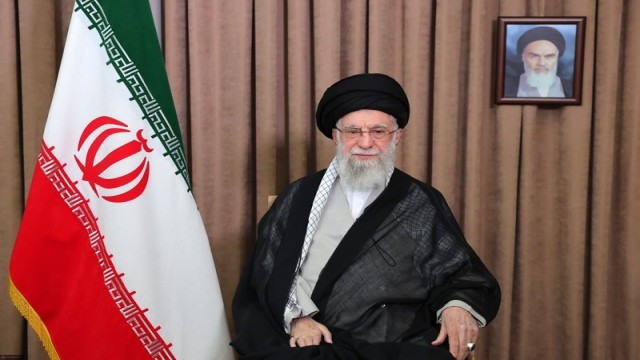
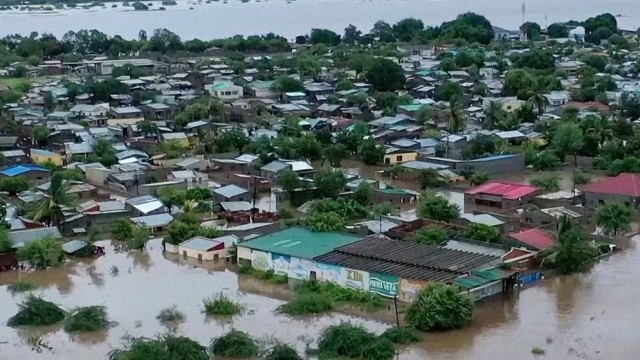

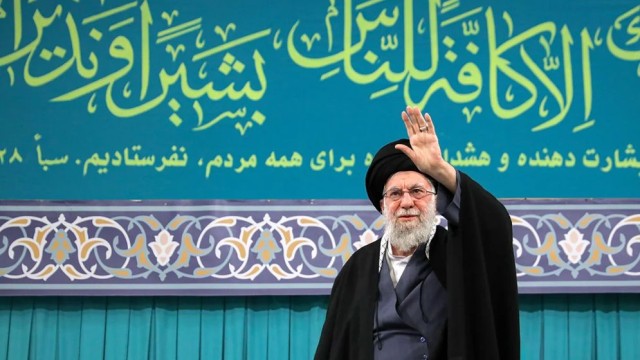
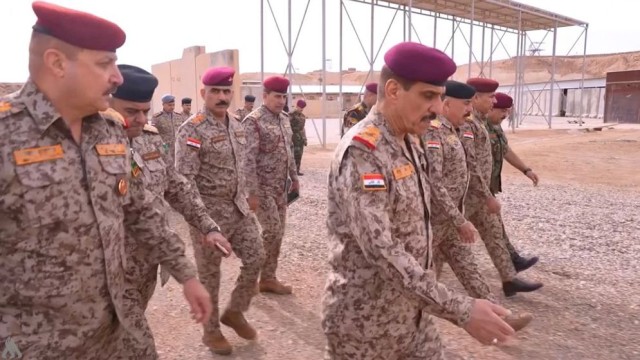
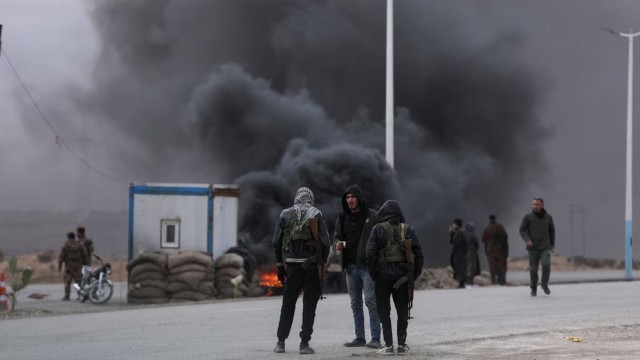
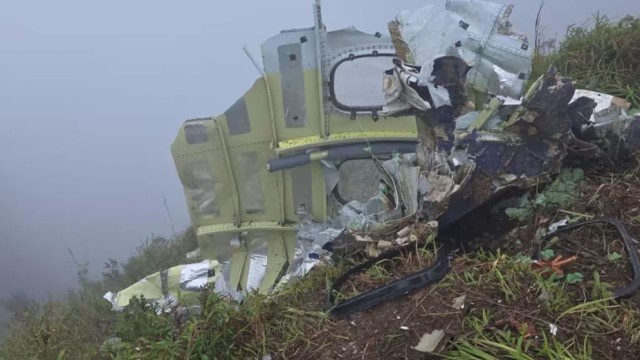
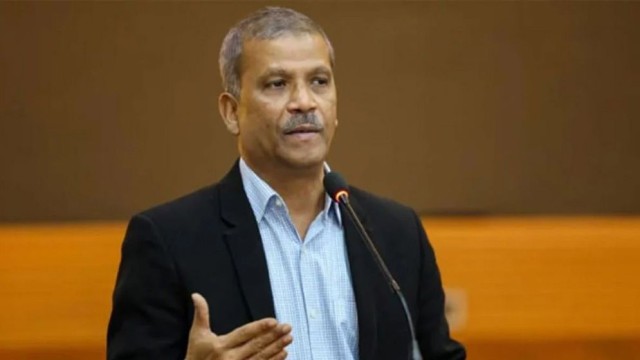
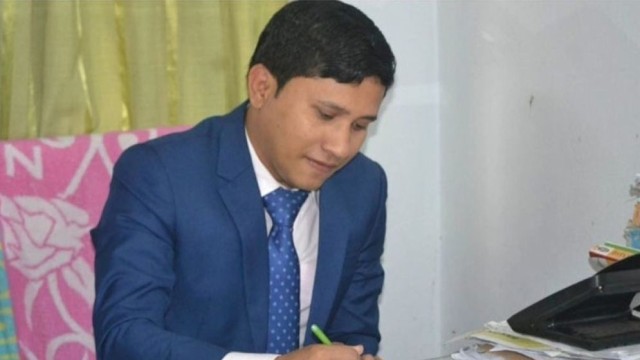

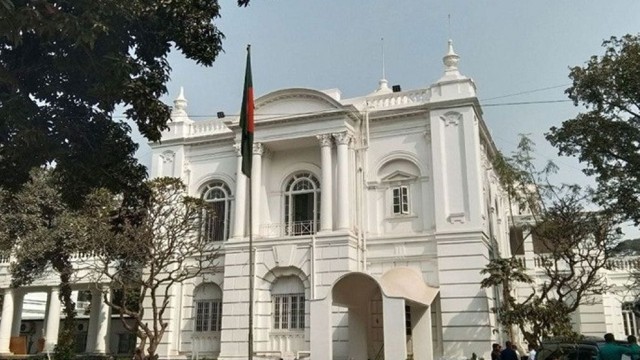

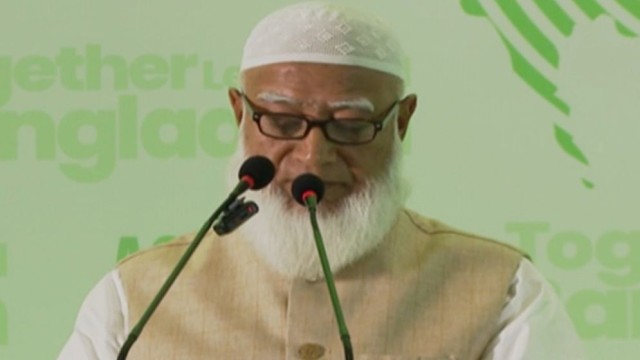
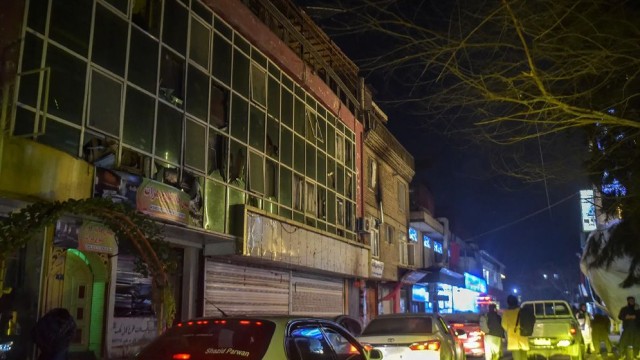
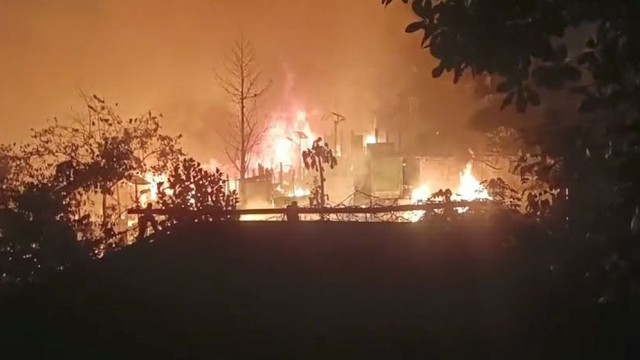




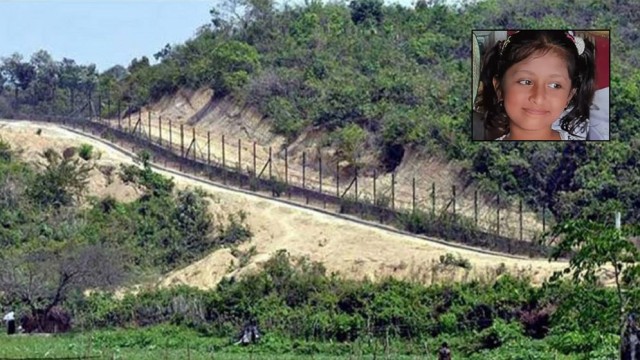





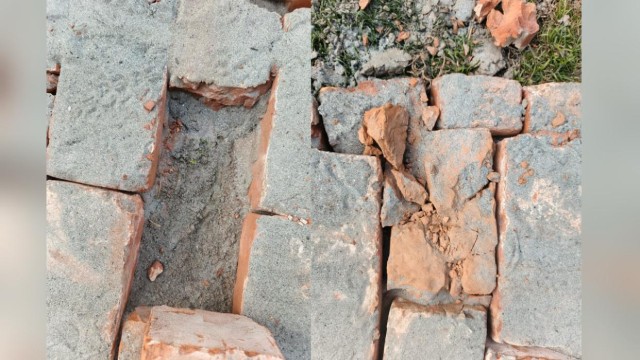


Comment: